01 Jan 1979
Dawn
Szirtes's masterful experimental work is a dazzling composition of several years of filming within an industrial macro/microcosm, an abstract model of revolution and the beauty of daybreak.
This documentary is a journey into our own fascination, a collection of portraits of folk musicians living in New England, and a study of the ground on which their music is founded. We listen to them as they tell their stories and play their music. First and foremost, Behind a Hill is a tribute to these musicians and a rare peep into the house parties and basement jams of New England, in the northwestern corner of the USA, with the vain hope attached that maybe you, the viewer, will grow as fond of the music as we have. When we first encountered these musicians, we were overwhelmed by the quality of their musical output. We were entranced by the melodies, harmonies, rhythms, and tempos and every other element that constitutes a song (or, as is often the case, a piece of abstract drone music, heavy feedback, or someone banging a steel pipe against a bag of dirt while chanting in a yet undiscovered language, or...).
Himself
Himself
Herself
Herself
Himself
Himself
Himself
Himself
Herself
Himself
Himself
Herself
Himself
Himself
Himself
Himself
Himself
Herself
Himself
Herself
01 Jan 1979
Szirtes's masterful experimental work is a dazzling composition of several years of filming within an industrial macro/microcosm, an abstract model of revolution and the beauty of daybreak.
22 Jun 2012
Image by Carlos Casas. Double screen projection with live soundtrack. Images and sound captured on location. Somewhere in the tundra, Chukotka Region, Northeastern Siberia, Russian Federation. Music by Prurient. Published by Von Archives. N 66° 37’ 916, W 172° 40’ 353, Sept 2006.
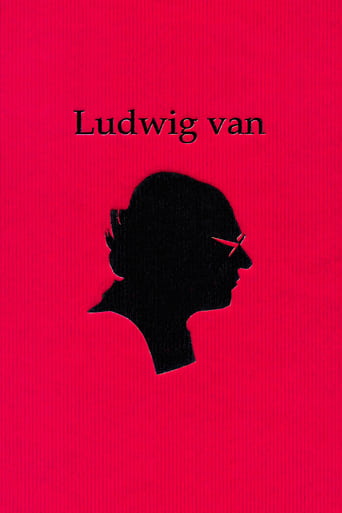
01 Jun 1970

An odyssey through Beethoven’s lasting presence and influence in our modern world – viewed through the eyes of the composer himself.
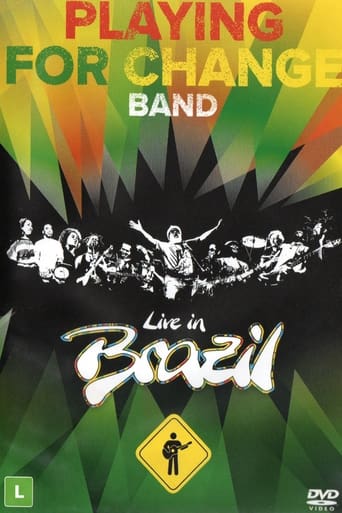

No overview found
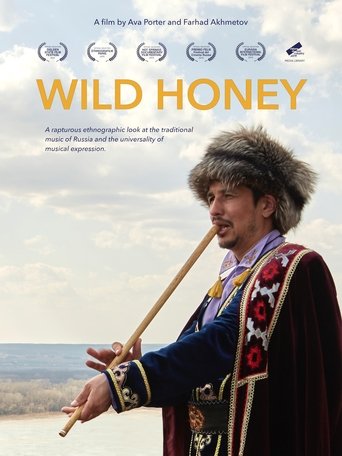

No overview found

19 Dec 2019

The music they make gives us joy and comfort. Now they will get something back. Christine Dancke brings pop stars on the road trip with surprises and delicious music. This time with the famous Norwegian singer AURORA
24 Jul 1997
Donnie Munro's lasts concert as lead singer of Runrig. The band bid a tearful farewell to lead singer Donnie Munro in this live performance at Stirling Castle, recorded in the summer of 1997. Tracks include 'The Greatest Flame', 'Precious Years', 'Loch Lomond' and 'Hearts of Olden Glory'.
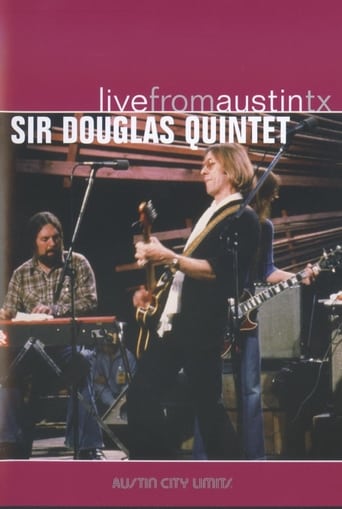
02 Oct 2007

Doug Sahm a/k/a Sir Doug was both a Texas rock & roll legend and pioneer. True, there were others before him (Buddy Holly and Roy Orbison come to mind), but the Sir Douglas Quintet counterattacked the British invasion of the mid 1960's with their own brand of Chicano-influenced rock that they had been playing around their hometown of San Antonio. This performance, recorded October 14, 1975, came after Doug had temporarily retired the Sir Douglas name, but features original member Augie Meyer along with musical compadres Martin Steitle, John Barber, Steve McDaniels and Harry Hess.
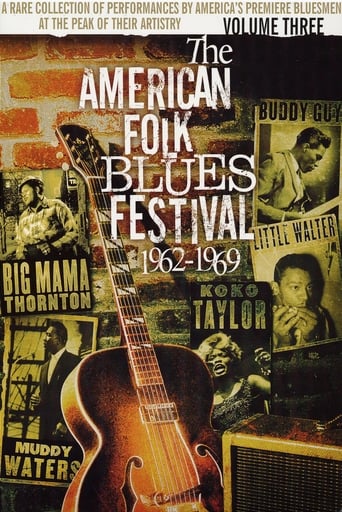
31 Aug 2004

Taken from the European tours organised for American blues musicians between 1962 and 1969, this release features performances by several popular blues artists, including: Big Mama Thornton, Roosevelt Sykes, Buddy Guy, Dr. Isaiah Ross, Big Joe Turner, Skip James, Bukka White, Son House, Hound Dog Taylor and Little Walter, Koko Taylor and Little Walter, Sonny Terry and Brownie McGhee, Helen Humes, Earl Hooker, and Muddy Waters.
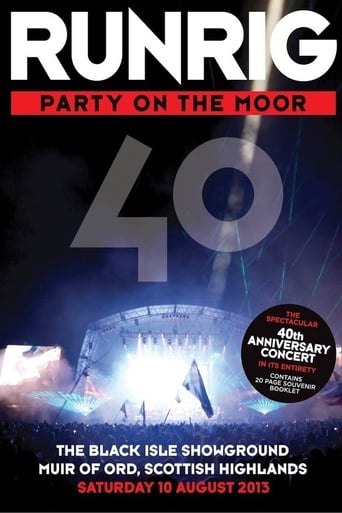
27 Mar 2014

The year 2013 marked the 40th Anniversary of the band Runrig. To celebrate this anniversary concerts were organised in Denmark and Germany as well as Scotland. This concert in Scotland took place on on Saturday, August 10th 2013 at he Black Isle Showground at Muir of Ord in the Highlands. 1. Introduction - 2. Only the Brave - 3. City of Lights - 4. Road Trip - 5. Big Sky - 6. May Morning - 7. Dance Called America - 8. Siol Ghorraidh - 9. The Engine Room - 10. Book of Golden Stories - 11. Every River - 12. Faileas Air an Airidh - 13. The Summer Walkers - 14. Dust - 15. An Sabhal Aig Neill - 16. Drum Section - 17. The Brolum - 18. The Cutter - 19. Edge of the World - 20. An Ubhal as Airde - 21. Rocket to the Moon - 22. Alba - 23. Pride of the Summer - 24. Skye - 25. Going Home - 26. Hearts of Olden Glory - 27. On the Edge - 28. Protect and Survive - 29. Clash of the Ash - 30. Loch Lomond - 31. And We'll Sing - 32. Travellers
12 Aug 2014
Migrating by sea from Holland as an eight-year-old, Dirk de Bruyn went on to be a doyen of Australian experimental cinema. But as this intimate film reveals, his work is suffused with the trauma of migration, and the struggle to recognise himself as a ‘new Australian'. In conversation with documentarian Steven McIntyre, Dirk guides us through more than 40 years of his filmmaking: the early years exploring technique and technology, a subsequent phase of unflinching self-examination brought on by upheaval and overseas travel, and more recent projects where he attempts a fusion of personal, cultural, and historical identity. What emerges is an inspiring, rugged, and at times poignant portrait of an artist committed to self-expression and self-discovery through the medium of film.
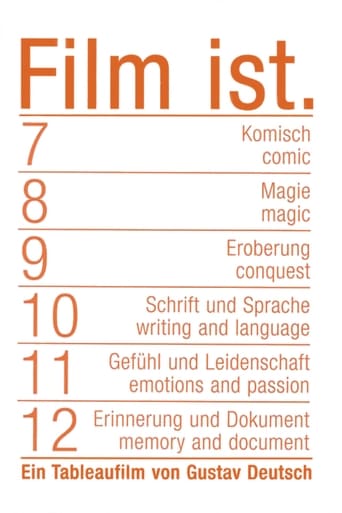
10 Oct 2002

The second half of Gustav Deutsch's experimental Film ist. series, constructing new narratives and moods out of existing footage, mostly from early silent era films.
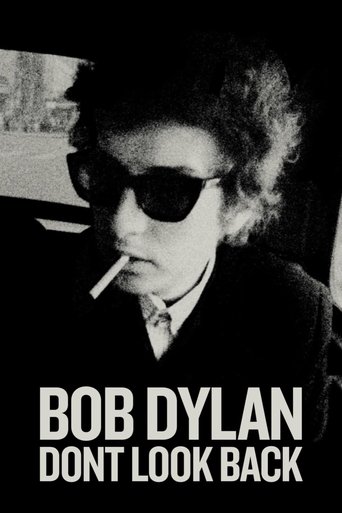
17 May 1967

In this wildly entertaining vision of one of the twentieth century’s greatest artists, Bob Dylan is surrounded by teen fans, gets into heated philosophical jousts with journalists, and kicks back with fellow musicians Joan Baez, Donovan, and Alan Price.
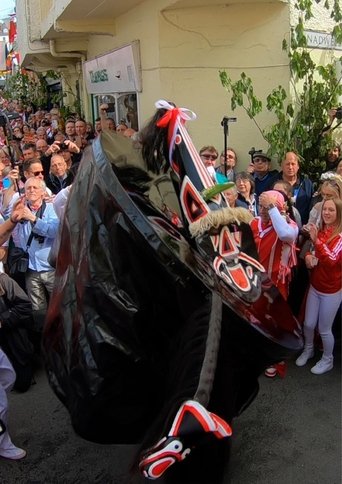
01 Sep 2023

King for a Day is a poetic archive-led documentary immersing us in the personal story of the people of Padstow in Cornwall, their ancient rituals and the challenges they face in a rapidly changing world. The tension between tradition and progress highlights the importance of cultural identity and the role of folk customs in our globalised society. King for a Day is an intimate portrait of a place and community pushed to the margins. A cinematic journey interweaving audio-visual archive spanning 150 years. Will this be the last generation to tease the ‘Old Oss’ from his stable to welcome the Summer?
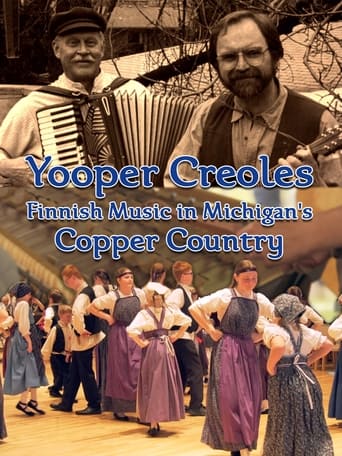
01 Jan 2019

When the immigrants came to America, their cultures entered the "great melting pot." In Michigan's Upper Peninsula Finnish immigrants mixed their musical traditions with many other cultures, creating a sound that was unique to the "Copper Country."
01 Jan 1989
No overview found
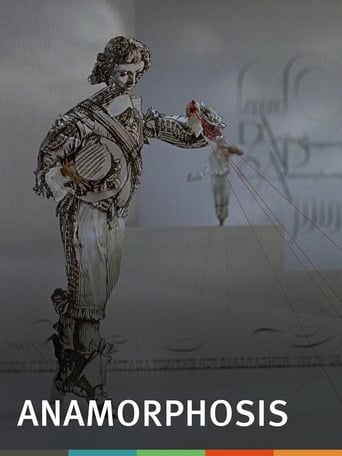
09 Apr 1993

The Quays' interest in esoteric illusions finds its perfect realization in this fascinating animated lecture on the art of anamorphosis. This artistic technique, often used in the 16th- and 17th centuries, utilizes a method of visual distortion with which paintings, when viewed from different angles, mischievously revealed hidden symbols.

01 May 2025

Right in the heart of Hackney, The Cock Tavern is no ordinary East London pub. Renowned for its real ales, larger-than-life regulars, and a dose of eccentric charm, it also plays host to one of the capital’s quirkiest underground traditions: the pickled egg eating competition. How Fast Can You Eat a Pickled Egg? is a short documentary that dives headfirst into this bizarre yet beloved ritual, capturing the characters, chaos, and community spirit that make the event truly unforgettable. From local legends chasing eternal glory to wide-eyed newcomers testing their limits, the film is a funny and heartfelt portrait of a place where tradition is steeped in vinegar—and victory tastes oddly sulphuric.
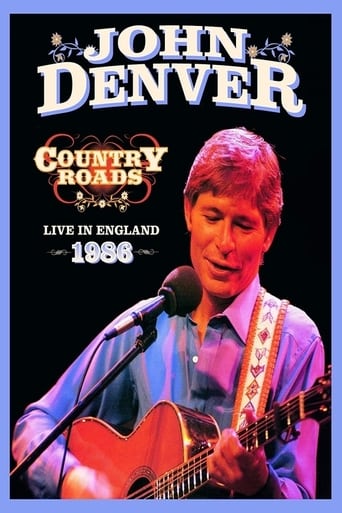
01 Jan 1986

Fans continue to treasure the songs and performances of John Denver, one of the most popular recording artists of the 20th century. Before his death in 1997, Denver toured the world, landing in Birmingham, England, for the 1986 concert captured here. The sunny country star provides heartfelt renditions of many of his biggest hits, including "Take Me Home, Country Roads" and "Sunshine on My Shoulders."
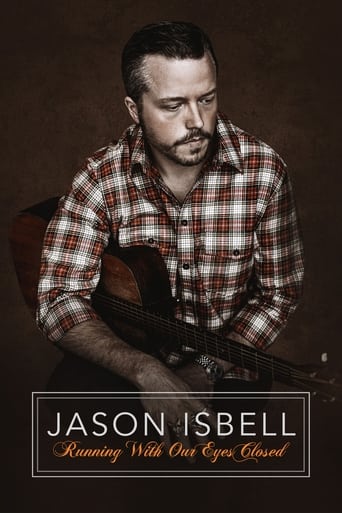
07 Apr 2023

An exploration of the personal and creative struggles behind the music of four-time Grammy-winning singer-songwriter Jason Isbell.